At 22, Zak Stern wasn’t living the life he wanted. Graduate school. Organic chemistry. Fluorescent lights. Life, he thought, was too short to be spent on the things in which he had no interest. He wanted to go back to basics, to work with his hands.
Today, Stern’s Miami bakery is evidence of this simple desire. Stark white walls and clean wood seating make it clear that the focus is on the bread––thick, crusty slices, creamy inside and a crust with perfect crunch. The type of bread you imagine pulling from the oven when you make your first loaf. The type of bread you make with your hands.
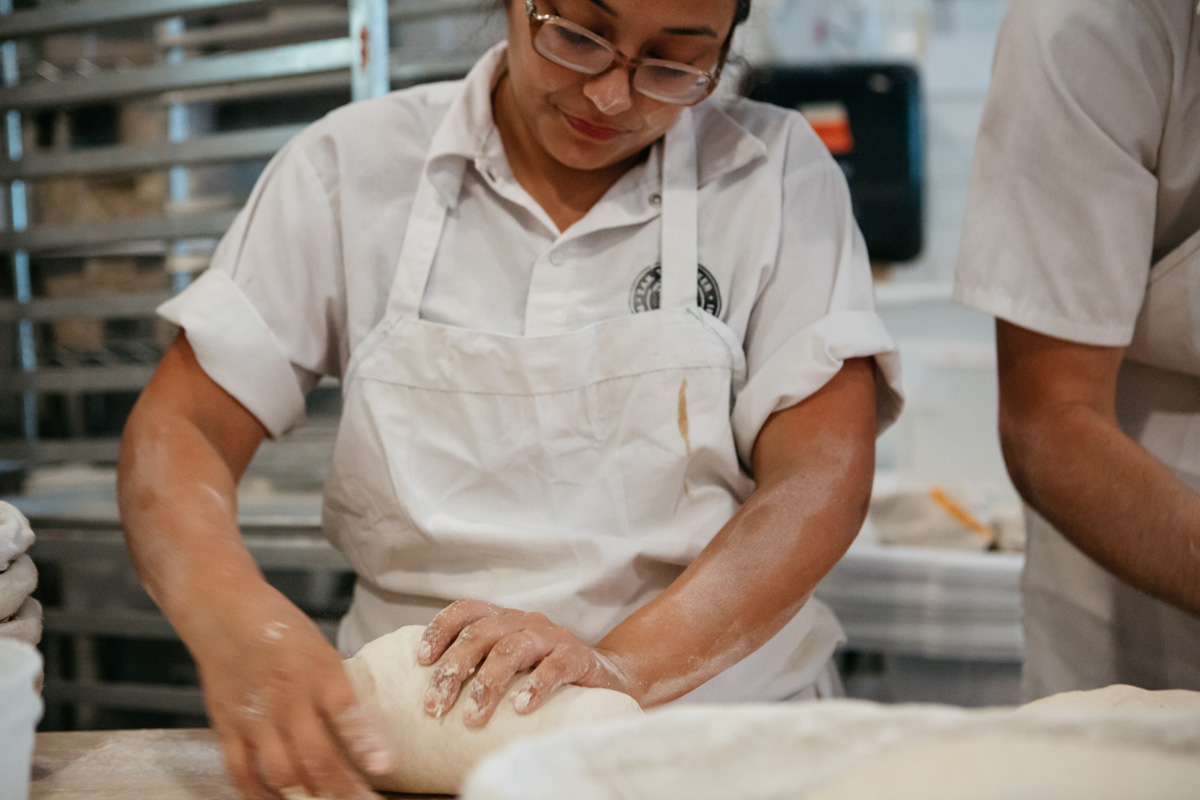
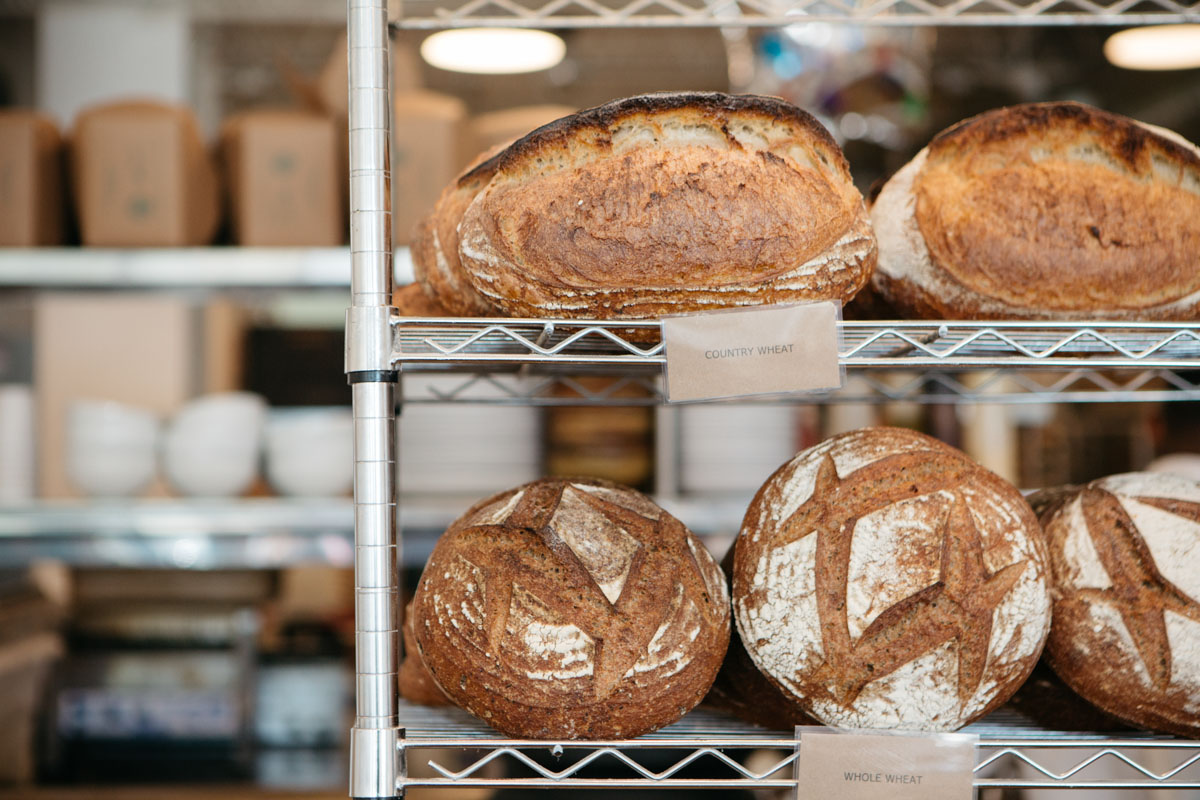
But at the time, Stern was unprepared with any such craft skills. Renewed by his revelation and desire, he dropped out of school and dedicated himself instead to farming up the east coast, changing locations with the seasons. After working at an organic farm in Homestead, Florida, he packed his belongings and went to the Hostel in the Forest in Brunswick, Georgia––an organization which, according to their website, is “a center which promotes and teaches environmental sustainability, while also serving as a spiritual retreat, and hostel.” Stern was welcomed warmly, and it was there that his trip took an unexpected turn.
“I was dating a girl and I didn’t have the nerve to break up with her. I know this sounds pathetic, but instead of breaking up with her, I just bought the cheapest ticket out of the country––which happened to be to Sweden,” Stern said.
On the subsequent flight, he studied potential apprenticeships using a guidebook provided by WWOOF (World Wide Opportunities on Organic Farms) containing a list of positions available internationally. These apprenticeships were the same as they had been for centuries; young wanderers interested in learning a craft could work on a farm in exchange for food, lodging and education from a master craftsman.
Stern narrowed his focus to bread, wine and cheese, and sought out a farm in Europe. His first experience was with a baker at an apple juicing farm in Sweden. It was there that he learned to bake his very first loaves of bread.
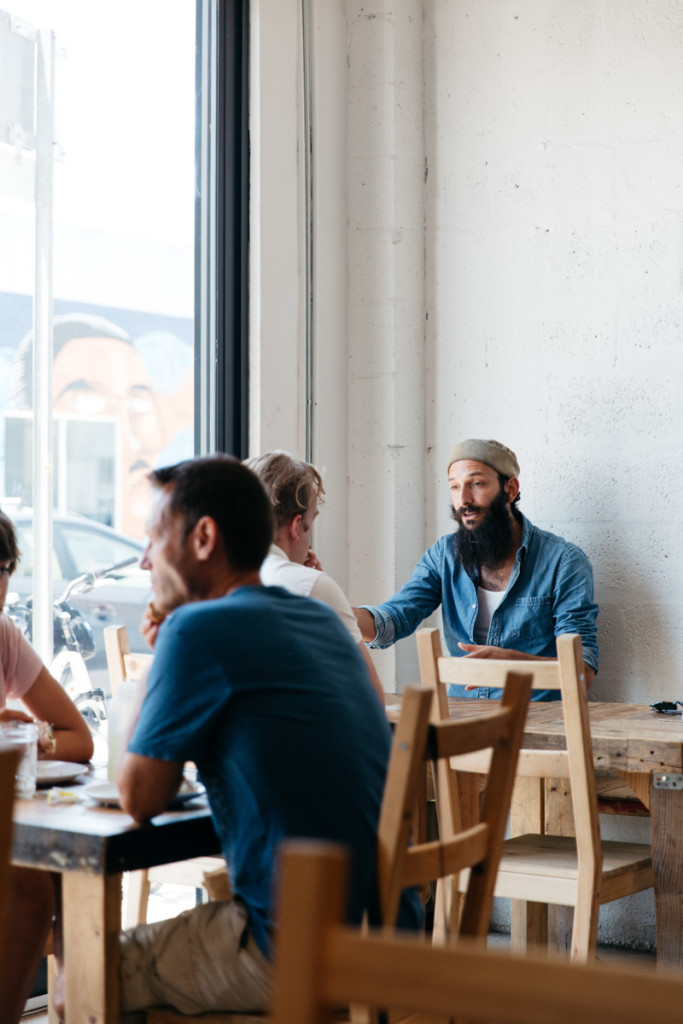
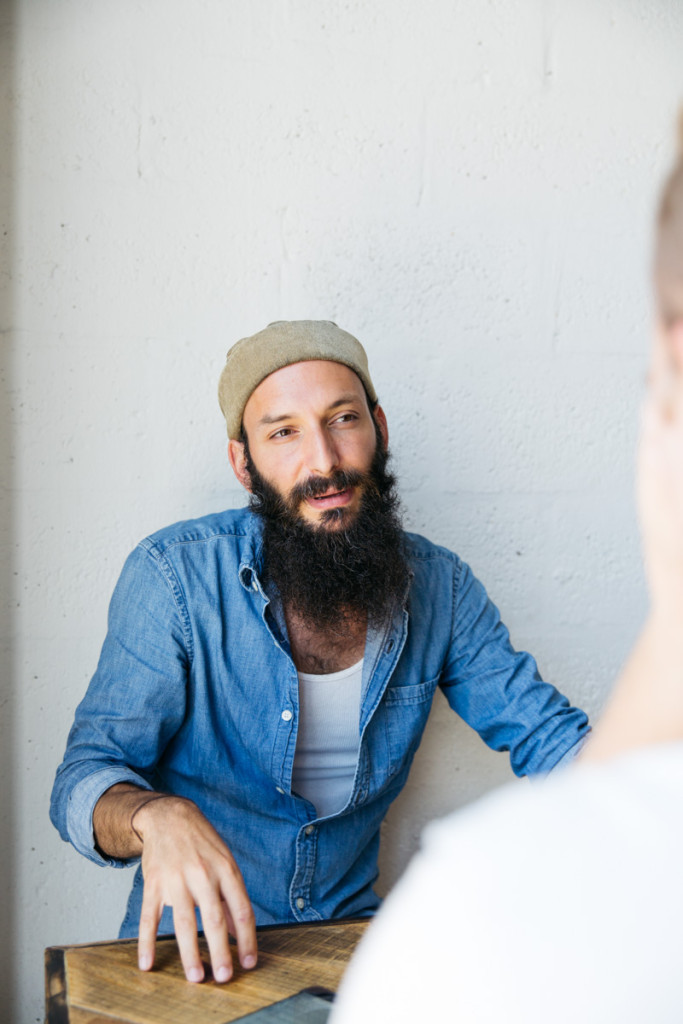
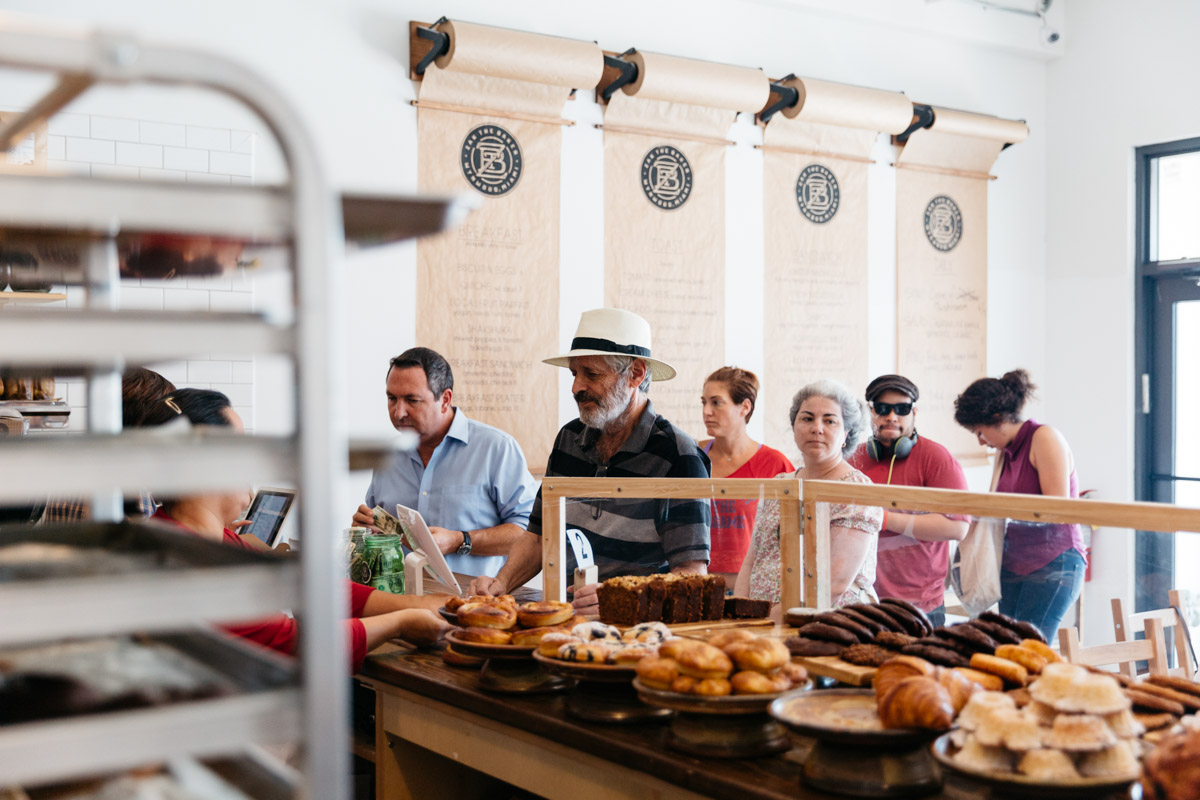
The process that Stern learned was an ancient method, built around natural leavening. This was how humans throughout history made bread prior to the industrial revolution. Instead of using commercial baker’s yeast, natural leavening starts with a single piece of dough. This dough is left in open air to become inoculated with cultures from the surrounding environment. These wild yeast strains transform the raw dough into a mother dough. From this point forward, all rising agents are derived from this mother dough, resulting in rich flavor with slightly sour notes.
Stern grasped the beginnings of bread making, but wanted to explore other passions. As the seasons began to change, Stern again planned a move. “It got cold at the apple farm, so I went down to France, where I worked with a Gruyere cheese maker. But then it got cold again so I went down to Italy, where I made miso and tamari,” Stern said.
The miso farm was a nightmare for Stern. He was alone in a house in what seemed to be the middle of nowhere. The lodging was drab and the surroundings were worse; there wasn’t proper town, few people and no internet.
“It was really hard,” Stern said. One of the farms I called answered and said, ‘We don’t need anyone right now,’ and I was like, ‘Listen, I need to get out of here.’”
The new property heard Stern’s plea, and soon he escaped to a new location, in considerably more desirable circumstances. “It was a fifth-century castle on top of a hill in Tuscany. The most romantic shit you’ve ever seen,” Stern said. “Beautiful rollings hills that led to the gulf––it was run by these eccentric, hippie people. I asked if they needed someone to bake bread.”
With a single wood-burning stove in a castle kitchen, Stern went to work. He chopped wood, swept floors and refined his baking skills. Stern transformed during his time, making substantial leaps in understanding his craft. But feeling pulled by his roots, he soon departed for Israel, where he had heard of a farm tucked in the hillsides of Har Hashabi––somewhere in Galilee. The farm was renowned for its hundreds of Bedouin goats, and its goat cheese.
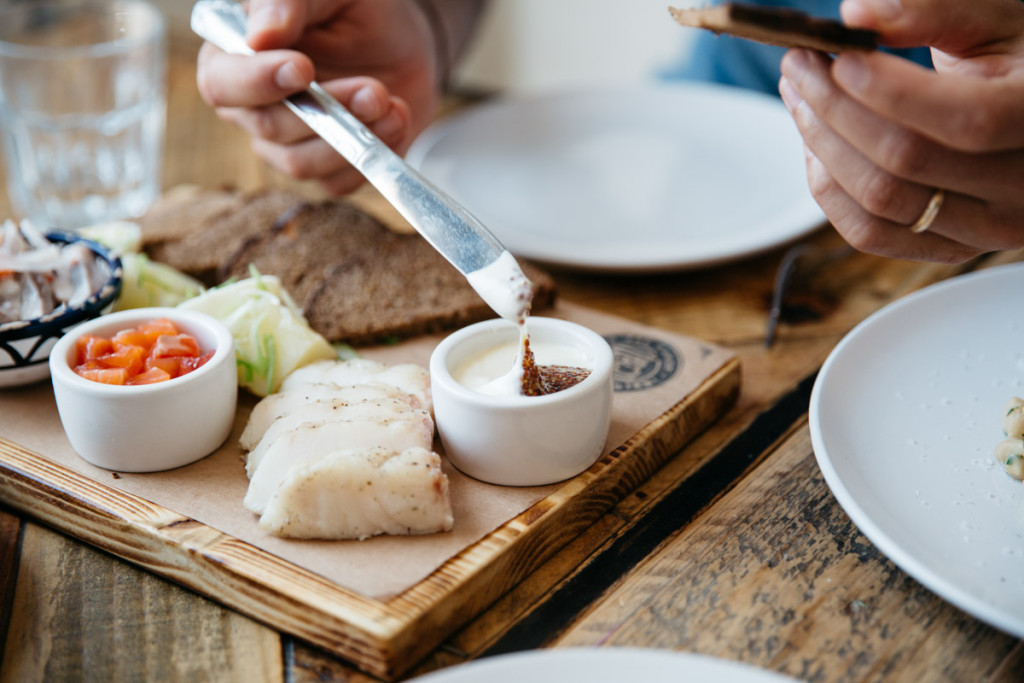
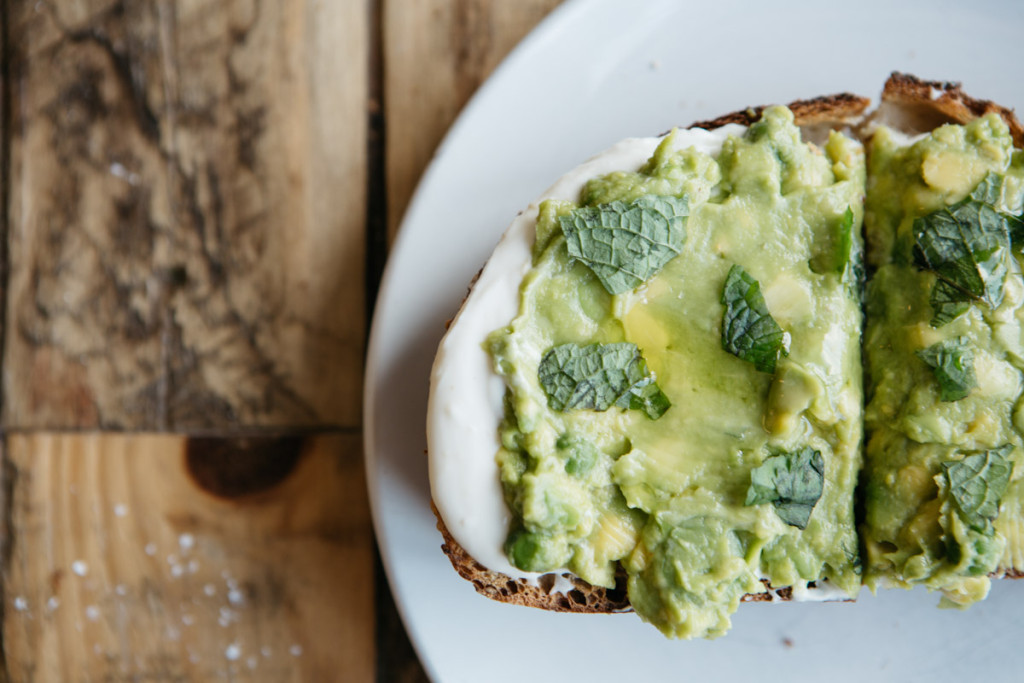
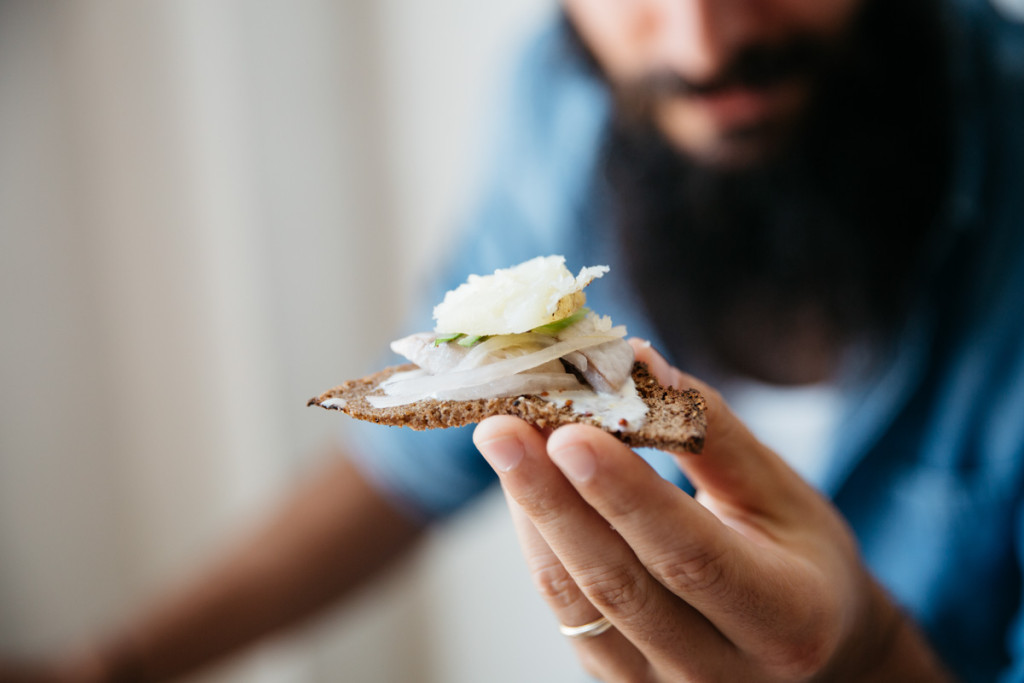
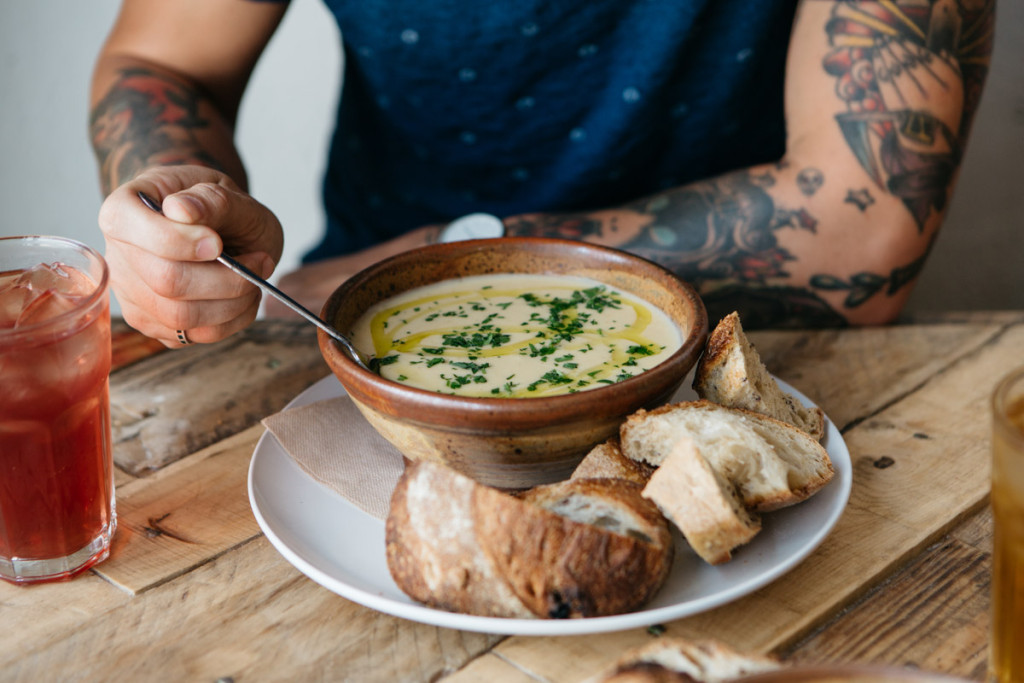
“Everything was built out of stone from the earth around them. They milked by hand,” Stern said “I went there, like, ‘Hey, I am this spunky, ambitious American guy and I want to learn how to make your cheese.’ They gave me no indication that I was ever going to learn. It was hard work and a hard farm. But I knew they were special. You could feel that these guys were on to something. So I waited it out and showed them I wasn’t a vacationing American who wanted to steal their product. I showed them that I would put in the time and give them the respect. For six months I served as a workhorse until they finally let me into the dairy and started teaching me.”
The goat cheese Stern learned to make is a secret weapon at his bakery today. Pure white, subtle and light, it’s used on a variety of his menu items. It shines on the a toast made with freshly roasted beets and topped with a dash of za’atar. The goat cheese is incomparable––rich and refreshing, balanced and bright––it draws across the toast like cream and melts in your mouth.
“I was learning cheese on this farm, and how to raise their animals, but I was also baking bread for their restaurant––improving my skills. I was by no means a professional baker at this point, but I was on my journey,” Stern said.
Revitalized by his year in Israel, Stern called his former employers in Italy with a proposition: he would take his recently acquired education in cheeses from Israel and open a Tuscan bakery in the village. The employers were thrilled, and welcomed Stern’s return.
In the village, he raised goats and served bread. He became a staple in the area––until another girl came along. “She had a long dress and her hair was in a braid and she played the fiddle and we were blindly in love,” Stern said.
Love can make us do some crazy things––in Stern’s case, it meant seeking adventure. They packed their bags and left town. Together they traveled Europe, busking for money. She played fiddle. Stern played the ukulele. It wasn’t until they reached a goat farm in northern Italy that they knew they had arrived at a destination where they wanted to stay.
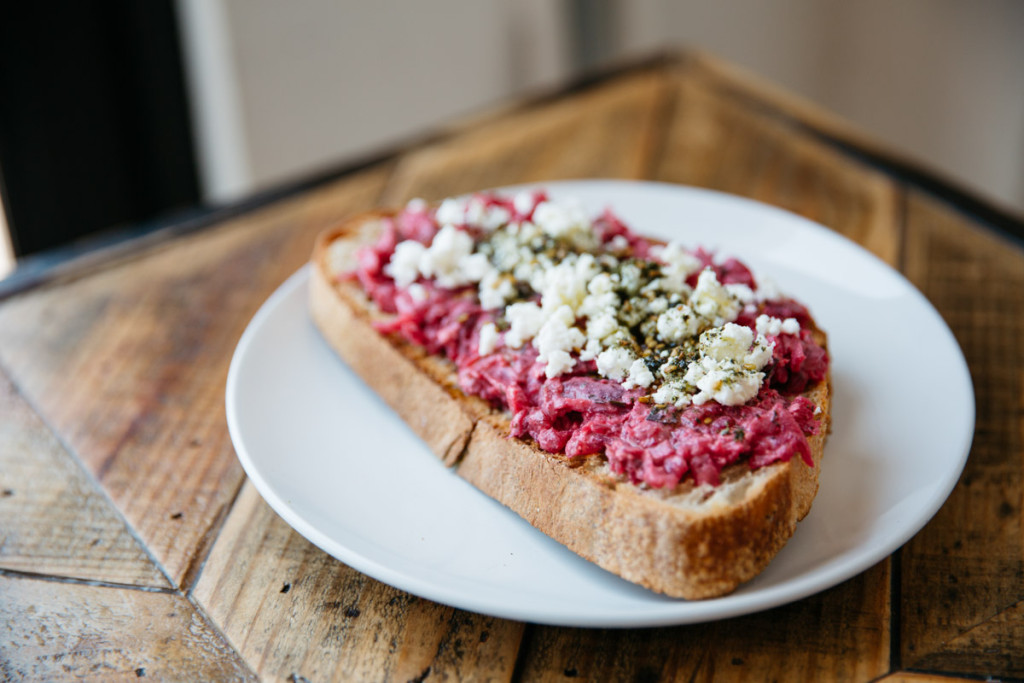
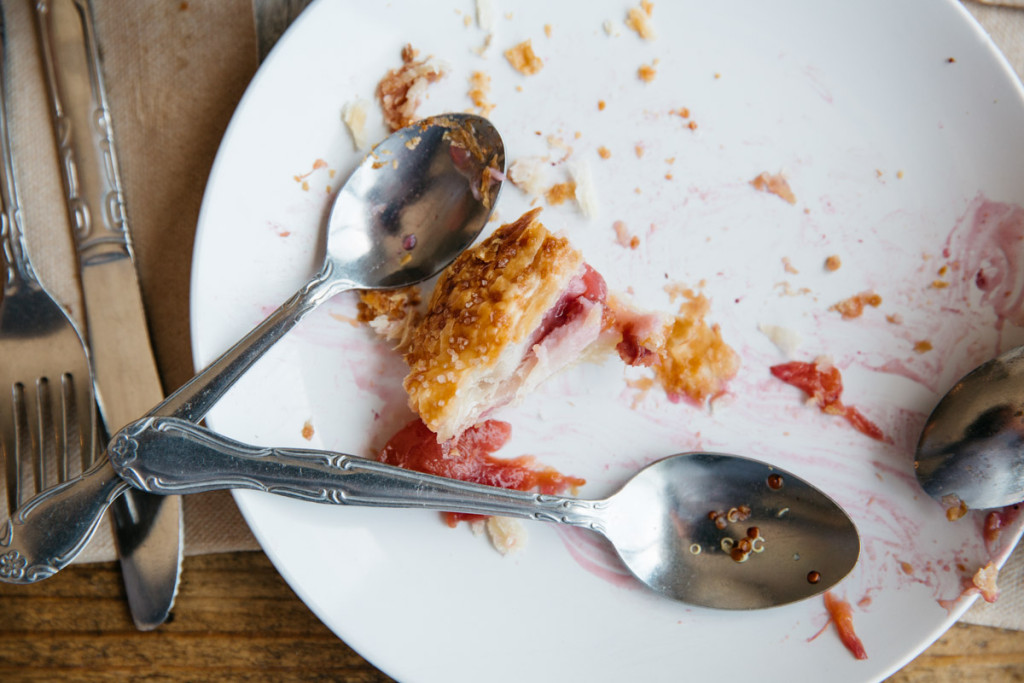
“Everything I say is not exaggerated, I promise you,” Stern said. “We were 2,300 meters up in northern Italy. You could see Mont Blanc. They had a chalet where we stayed, and we lived there on the top of the mountain and watched the animals. We would make the cheese there and store it in caves.”
Stern knew it was idealized, and so he wasn’t surprised when the girl wrote a farewell note, dropped it off at the chateau and left town while Stern was working.
Exhausted from travel, a little heartbroken and eager to finally rest his feet, Stern booked a ticket home to Miami. He took a shower and weighed his options. He was either going to enter a carpentry apprenticeship back in Europe, or open his own bakery. But tired of being on foreign soil, Stern decided to open up shop in Miami.
“When I first moved back, I was broke,” Stern said. “I looked for bread and cheese maker positions, but there are really none in Miami. So I went to downtown to Perricone’s because I knew it from my childhood.”
Stern was hired in the sandwich shop. While there, he brought in some of his own bread for the staff to try. The owner of the restaurant, Steve Perricone, called him into the office.
“It was kind of intimidating. Steve’s this big guy with a strong demeanor who runs this great restaurant and is powerful in the food industry. I’m this pipsqueak; I didn’t know anything about the food industry. He told me about his friend, Michelle Bernstein, who had a restaurant. He told me to go down and take her a few of my breads.”
Stern bundled up his breads and headed to Michelle Bernstein’s renowned restaurant, Michy’s. Dressed in his finest, he offered his bread to her staff and asked if they’d deliver some to Michelle.
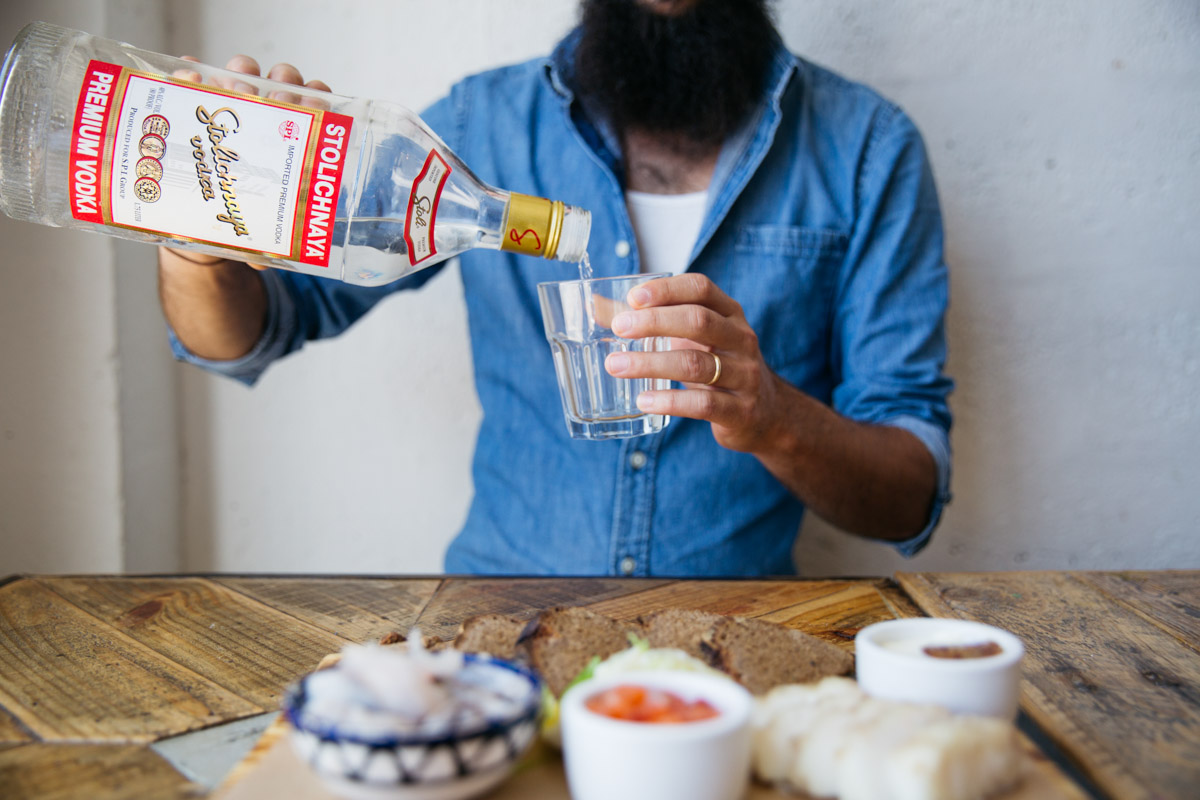
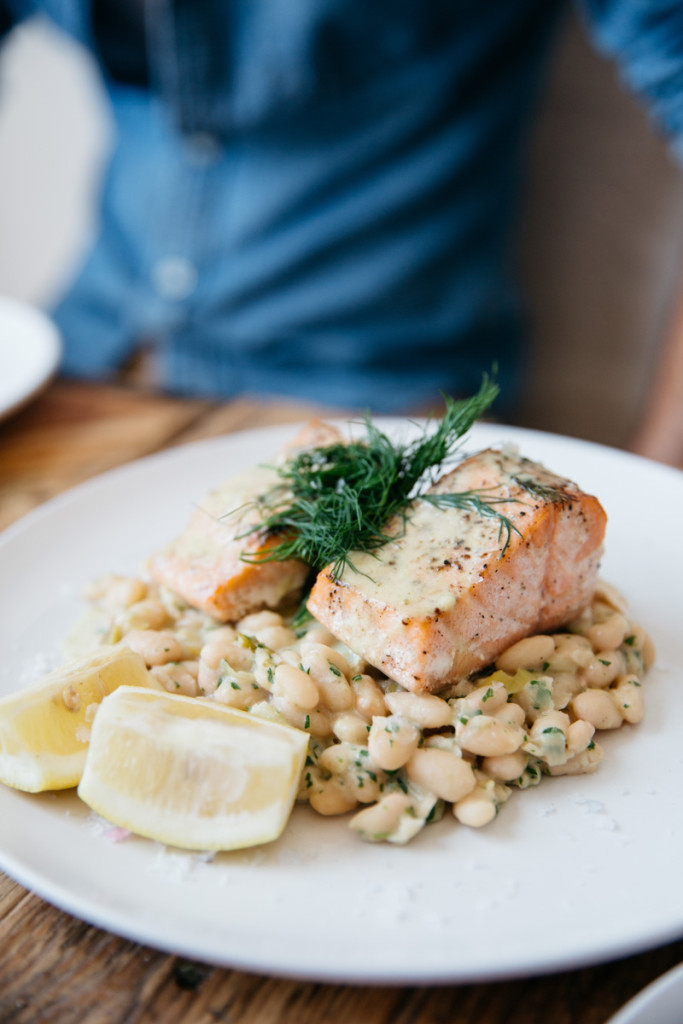
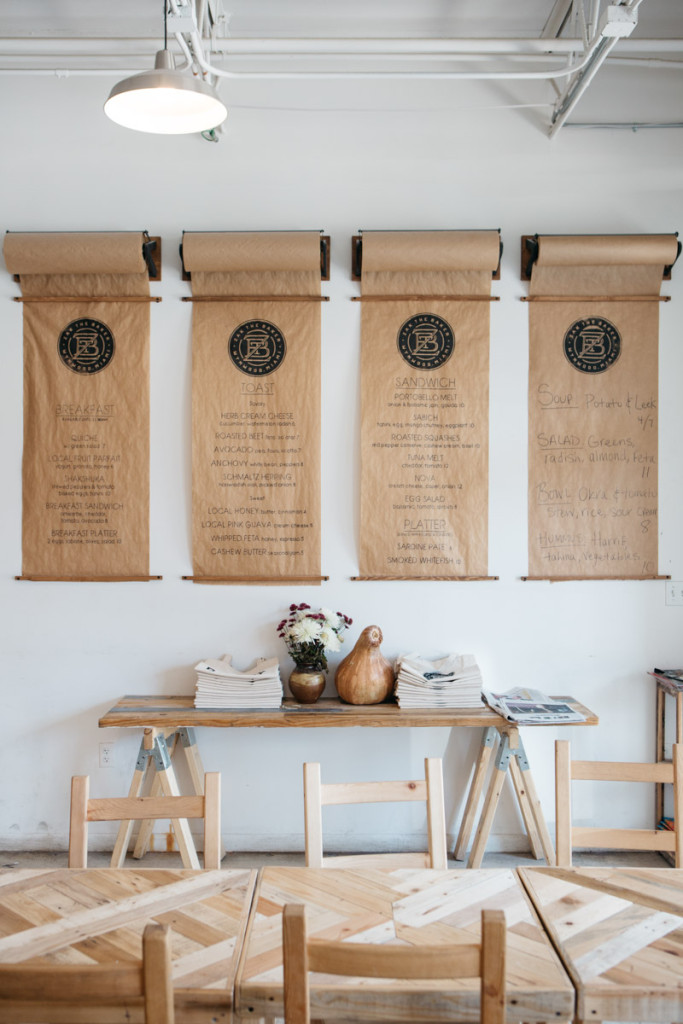
“I came back to Perricone’s and told everyone I had just dropped off bread to Michelle Bernstein. Everyone was like, ‘What? Do you know who that woman is? She’s a celebrity chef!’ I had no idea then, but trust me, I know who she is now,” Stern said.
Bernstein loved the bread and put in Stern’s very first orders. Equipped with only Blodgett single deck pizza oven, a table and his skills, Stern began working out of a garage that belonged to his friend’s father. He mixed the dough, baked bread, cleaned the kitchen, delivered the goods and picked up the checks.
On Sundays, during his only time off, Stern set up at the farmer’s market. The first few days, most of the bread sold. Within a month, he began selling out. Soon lines were waiting for Stern by 9 a.m. Wholesale orders piled up. “Zak the Baker,” appeared on restaurant and coffee shop menus like a badge of honor. Stern took his production out of the garage and into a full-scale kitchen where he produced thousands of loaves and his business continued to grow rapidly.
It was during this time that love again came into his life––he met the woman that would become his wife. Shortly after, they returned to Israel for their wedding.
“We had a wedding under a Bedouin tent in her village in Israel. There were three-hundred plus people. It was my first religious wedding and it was my wedding. I had no idea what was going on, but it was fucking awesome,” Stern said.
By the time he returned, orders were increasing, the line at the farmers’ market was getting longer, and he needed a larger space to bake and showcase his bread. He chose a storefront in Wynwood, and with four staff and a small tasting menu, he opened the doors.
Miami showed up in droves; his menu had to grow, expanding from just a few slices of toast to include pastries, sandwiches, bowls, plates and platters.
The flavors of the city are evident in Stern’s food. The pickled, cured and smoked fish platter is a clear callback to Miami’s historic Jewish roots; lined with fresh rye bread, house-smoked fish, pickled onions, a boiled egg and a freshly-made aioli and mustard. It’s refreshing, smoky and subtle with salt. It is a resurrection of the golden age of the kosher deli.
Stern and his wife were dedicated to becoming a kosher facility, and from their kitchen, his talented team puts out everything from gooey chocolate rye cookies to flakey salmon resting on a creamy bed of legumes. The staff operates like family, and has slowly ballooned from four to 45.
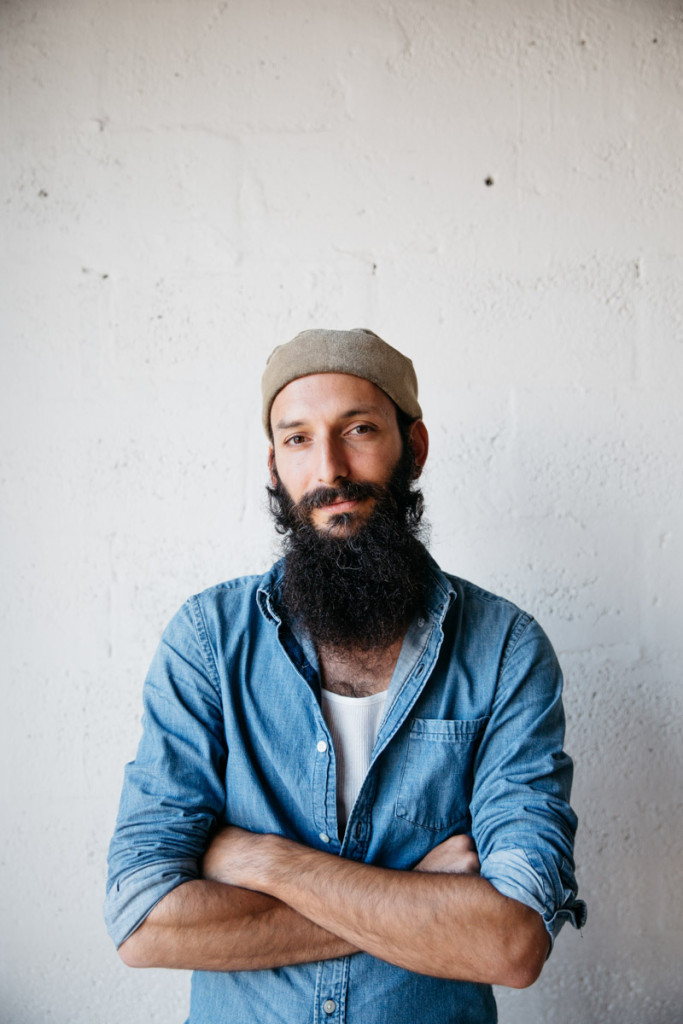
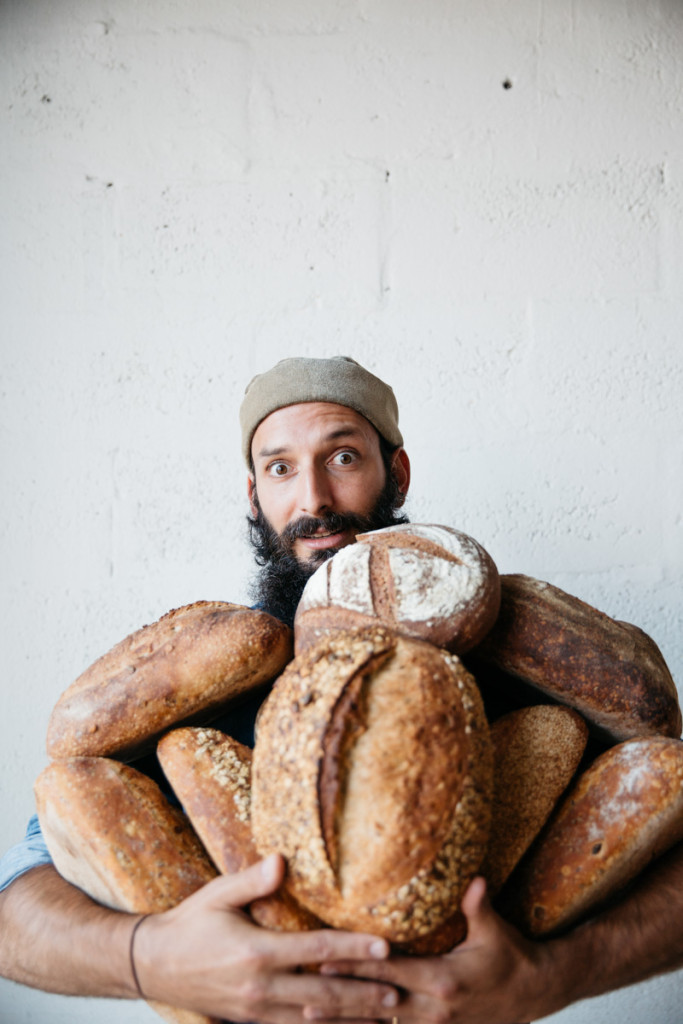
The bakery is the result of Stern’s diligent effort to become a master of his craft, and he views it with a sense of gratitude. “What we’ve done here is kind of like what happens with natural leavened bread,” Stern said. “You can try your best to control it. You can control the temperature and the time and the quantity, but ultimately you’re dealing with wild cultures in a dough. These are elements that are uncontrollable. It’s very similar to life itself. You can try and control all the variables and elements, but ultimately, there is this uncontrollable entity––whatever your form of spirituality calls it––that you have zero control over.”
—
Zak the Baker
405 NW 26th St, Miami, FL 33127





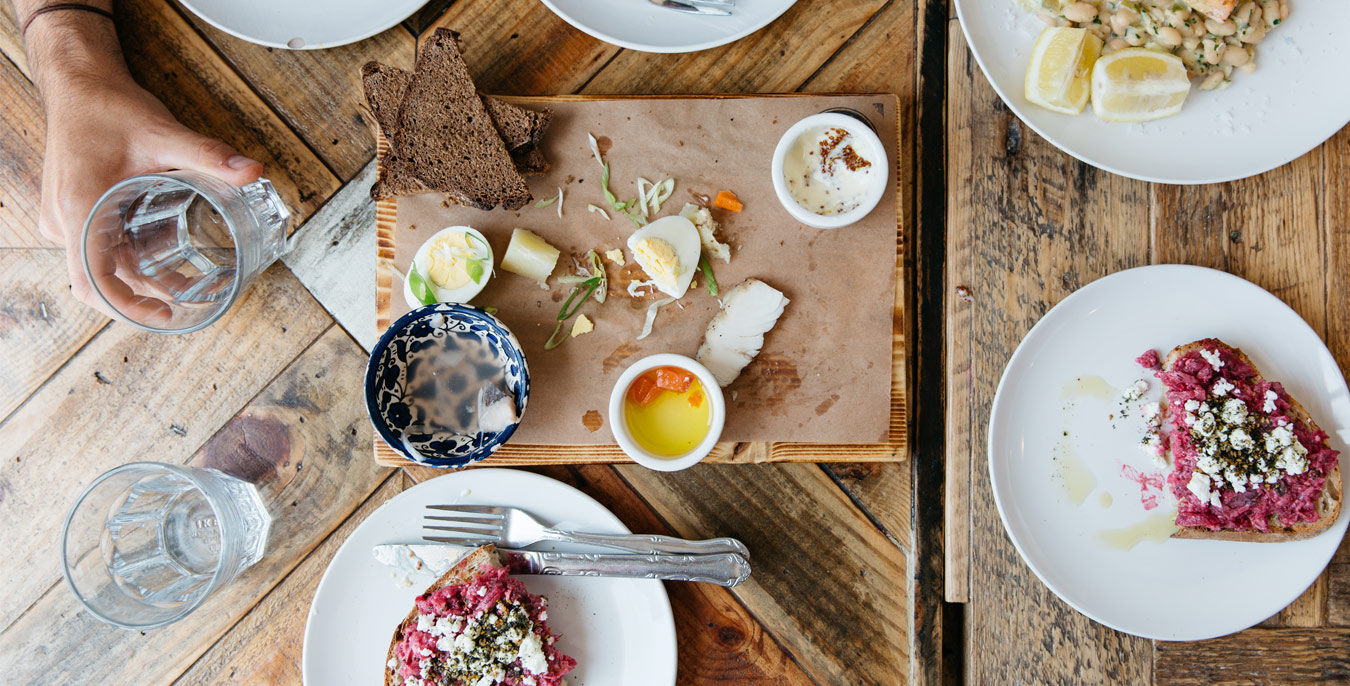

Our comments section is for members only.
Join today to gain exclusive access.